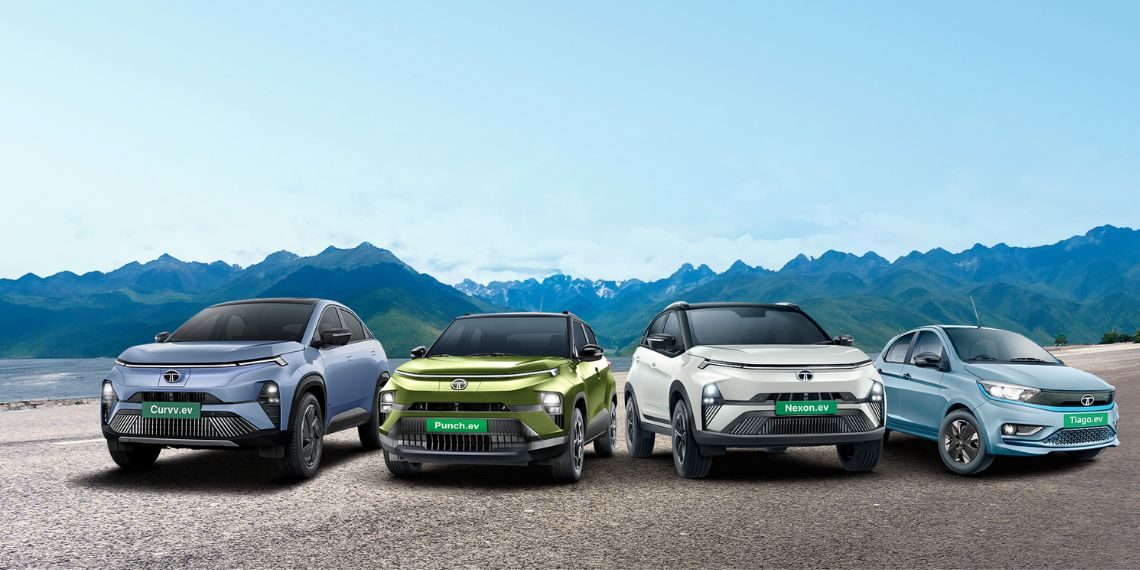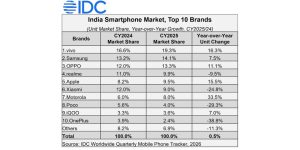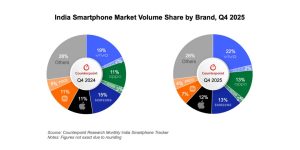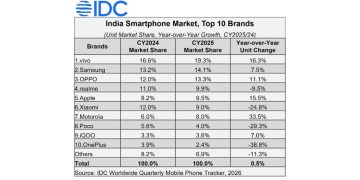Tata Motors, one of India’s leading automobile manufacturers, has confirmed that it will be increasing the prices of all its passenger vehicles starting January 2025. The decision comes as the company faces mounting pressures from rising input costs and inflation, which have impacted the overall cost of production. The price hike will apply to both conventional and electric vehicles, with an increase of up to 3% depending on the model and variant.
Key Points:
Price Hike to Be Implemented in January 2025: Tata Motors will raise prices across all passenger vehicle segments in India, effective from January 2025.
Inflation and Rising Input Costs: The company cited increased input costs and inflationary pressures as the primary reasons for the price hike.
Up to 3% Increase: The price adjustment will vary based on the model and variant, but it will be capped at 3% across the range.
Impact on Electric and Conventional Vehicles: Both conventional combustion engine vehicles and electric models will see the price adjustment.
Pre-January Booking Opportunity: Customers can book Tata Motors vehicles before January 2025 to lock in the current pricing.
Reasons Behind the Price Increase:
Tata Motors’ decision to increase the prices of its passenger vehicles is a direct response to the rising costs of raw materials, production, and logistics. As inflation continues to affect the automotive industry, car manufacturers are faced with increasing expenses, which are inevitably passed on to the consumer. The company stated that the price revision is necessary to help mitigate these financial pressures while ensuring the continued delivery of high-quality vehicles to the market.
Models Affected by the Price Hike:
The price hike will be applicable to Tata Motors’ entire range of passenger vehicles, which includes a variety of models with different powertrains. This includes petrol, diesel, electric, and CNG variants. Some of the most popular models in Tata’s portfolio that will be impacted by the price increase include:
Tata Nexon: One of India’s best-selling compact SUVs, available in both petrol and electric versions.
Tata Harrier: A flagship SUV known for its premium features and powerful engine options.
Tata Altroz: A popular premium hatchback that offers both petrol and CNG variants.
Tata Tiago and Tigor: Affordable and fuel-efficient hatchbacks and sedans.
Tata Curvv EV: The latest addition to Tata’s electric vehicle range, featuring a futuristic design and coupe-like styling.
Tata Motors’ Electric Vehicle Push:
The company has been steadily expanding its electric vehicle lineup, and the upcoming price hike will also impact its electric vehicles. The Tata Nexon EV and the Tata Curvv EV are part of the brand’s ambitious plan to capture a larger share of the growing electric vehicle market in India. As Tata Motors continues to innovate and introduce new EVs, the company is ensuring that its electric offerings remain competitively priced despite rising input costs.
Impact of the Price Hike on Consumers:
While the price increase may seem modest, it could have a noticeable impact on potential buyers, particularly in a market that is sensitive to price changes. With this in mind, Tata Motors is offering consumers the opportunity to book their vehicles before January 2025 to lock in the current pricing. This provides an incentive for buyers to act swiftly, especially for those eyeing popular models like the Nexon EV or the Harrier.
Conclusion:
The decision by Tata Motors to raise prices in January 2025 reflects the challenges the automotive industry is facing due to rising input costs and inflation. While the increase is capped at 3%, it may influence car buyers in India, especially in the electric and CNG segments. Tata Motors is likely to continue its push for more electric vehicles in the coming years, but consumers will need to be aware of the upcoming price hike and act accordingly to benefit from the current pricing.
Follow Before You Take on Facebook | Twitter | WhatsApp Channel | Instagram | Telegram | Threads | LinkedIn, For the Latest Technology News & Updates | Latest Electric Vehicles News | Electronics News | Mobiles News | Software Updates













































































































































































